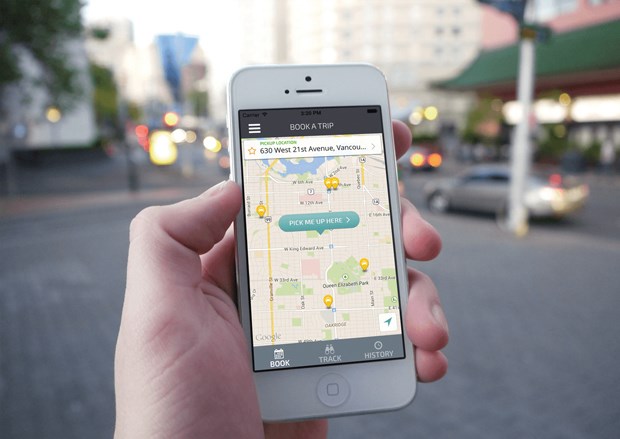Some Richmond city councillors appear to warming up to the idea of a more robust, but regulated, “shared economy” for services such as ride-sharing (Uber) and short-term accommodations (Airbnb).
A report to council on Monday from Neonila Lilova, Richmond’s manager of economic development, noted that, to date, short-term vacation rentals are operating widely across the city and enforcement of existing regulations has been “largely ineffective.”
Lilova noted that in April there were about 400 Airbnb listings in Richmond, mostly condominiums and secondary suites. Many of these listings are in contravention to city bylaws and may pose a threat to revenue generated by a two per cent hotel tax (for Tourism Richmond).
Lilova said some Airbnb and VRBO owners have already began remitting hotel taxes to the city.
Lilova concluded that Richmond will advocate to the province’s Minister of Community Sport and Cultural Development for “fair regulations” for short-term rentals.
Coun. Alexa Loo appeared open to the idea of new provincial regulations.
“Here’s an opportunity, on limited cases, for us to open our homes and provide places to stay in Airbnb situations. However, we don’t want our neighbourhoods to turn into some rampant hotel strip, so we need safety, we need reasonability and we don’t want to be putting undue pressure on our neighbourhoods,” said Loo.
Meanwhile, Coun. Ken Johnston said car-sharing company Uber is “going to be a fact of life” and Richmond city council will need to decide what to do with its bylaws.
Johnston said the province will first need to regulate insurance for drivers and passengers.
“There’s resistance. I understand that. But a company that’s raised $12 billion in investments is coming,” he said.
Notably, Vancouver is the largest North American city without Uber.
Lilova’s report comes as the Ministry sets to consult municipalities on new models of transportation and vacation rentals.



